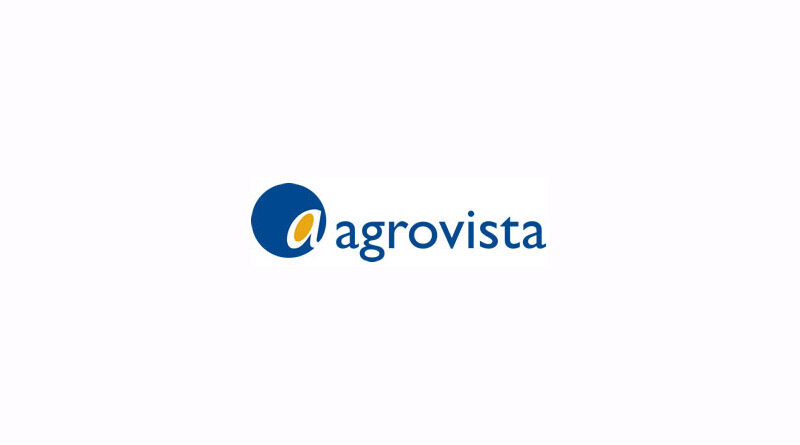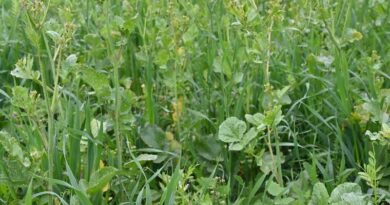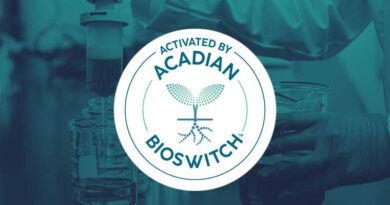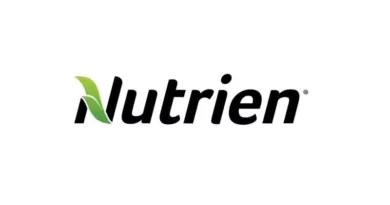Navigating nutrition – rethinking the way we feed our crops
27 March 2022, UK: Plant nutrition guidelines require a radical rethink to meet the needs of crops, the environment and carbon reduction policies, writes Chris Martin, head of soil health at Agrovista.
Much of the advice on which arable crop nutrition is based is decades old, raising questions as to how relevant that information is to present day arable production.
Crop requirements have changed dramatically. Taking winter wheat as an example, yields were on average 1.75 times higher between 2010 and 2019 than 1970 and 1979.
We all know that crops must receive adequate amounts of each nutrient to achieve optimum yields. However, these days we all need to be much more precise in targeting nutrition to crop need to ensure we optimise the return on increasingly expensive inputs.
Other influences that weren’t even being considered a few decades ago complicate our decision making. Fertilisers, particularly nitrogen and phosphorous, are key contributors to pollution and the need to protect air, soils and water is now enshrined in legislation.
Agriculture is expected to play a key role in the UK’s drive to achieve net zero emissions by 2050. However, nitrogen fertiliser is a major source of nitrous oxide emissions and is the biggest contributor to the carbon footprint of many arable crops.
For all these reasons, we believe plant nutrition needs a radical rethink, backed up by the latest advice and appropriate tools, to ensure it meets the needs of crops, the environment and carbon reduction a cost-effective manner.
Measure to manage
Good soil health is the key starting point, which means a comprehensive soil test is a must.
Agrovista’s Gold Soil Heath report provides a clear indication of the physical, chemical and biological conditions within soils and their ability to support optimum plant growth and enhance nutrient use efficiency.
The soil test should be backed up with tissue testing, ensuring that each nutrient is matched to need at every key growth stage.
Encouragingly, extensive trials carried out by Agrovista show that identifying and utilising the right tools in this way can produce positive results in a surprisingly short time frame.
All nutrients required by crops must be given due consideration. If one is out of kilter, it can compromise the entire nutrition programme, wasting product, time and money.
Think CNPK
We are no longer concerned only with NPK; we now need to think CNPK. If the carbon content of the soil is not right, then nutrition will be compromised.
For example, the optimum fungi:bacteria ratio in the soil for a typical UK arable rotation is around 0.7:1. However, most soils are much more bacteria dominated as a result of intense cultivations, synthetic chemistry and excessive use of manufactured nitrogen fertiliser.
Excessive bacterial blooms and associated high respiration levels can reduce soil carbon levels through carbon dioxide losses. Restoring soil carbon and balancing soil biology is therefore an essential part of long-term soil functionality and nutrient use efficiency.
Fertiliser – protect, replace, reduce
There is range of products now available to growers to help fine tune nutrition and reduce its unwanted impacts. Here are just a few examples.
Replacing some late-season bagged nitrogen with foliar-applied, controlled-release nitrogen fertiliser can substantially reduce a crop’s environmental/carbon footprint.
Nitrification inhibitors slow down the conversion of ammonium to nitrate, reducing losses to water and air and helping to keep crop-available nitrogen in the soil for longer.
We can use a foliar-applied product to convert nitrous oxide into plant-usable nitrate, reducing pollution and potentially opening up a new revenue stream, similar to carbon credits.
There is enough phosphorus in most soils to last for decades, but the majority is locked up in high-calcium or high-pH soils. Phosphorus Liberator and Phosta are soil-applied products that dissolve this bound-up phosphorus, making it available to plants and improving soil health.
Making the journey
Crop nutrition has become a hugely complex subject, and appropriate guidelines can appear daunting.
Agrovista has emerged as a leader in progressive, cost-effective nutrient management, offering expert advice built on years of research and development along with a tailored product range.
Our Navigating Nutrition programme takes things a step further, becoming a key focus for us and for our farmer customers in this and future seasons, helping to deliver crop nutrition programmes that are fit for the 21st century.















